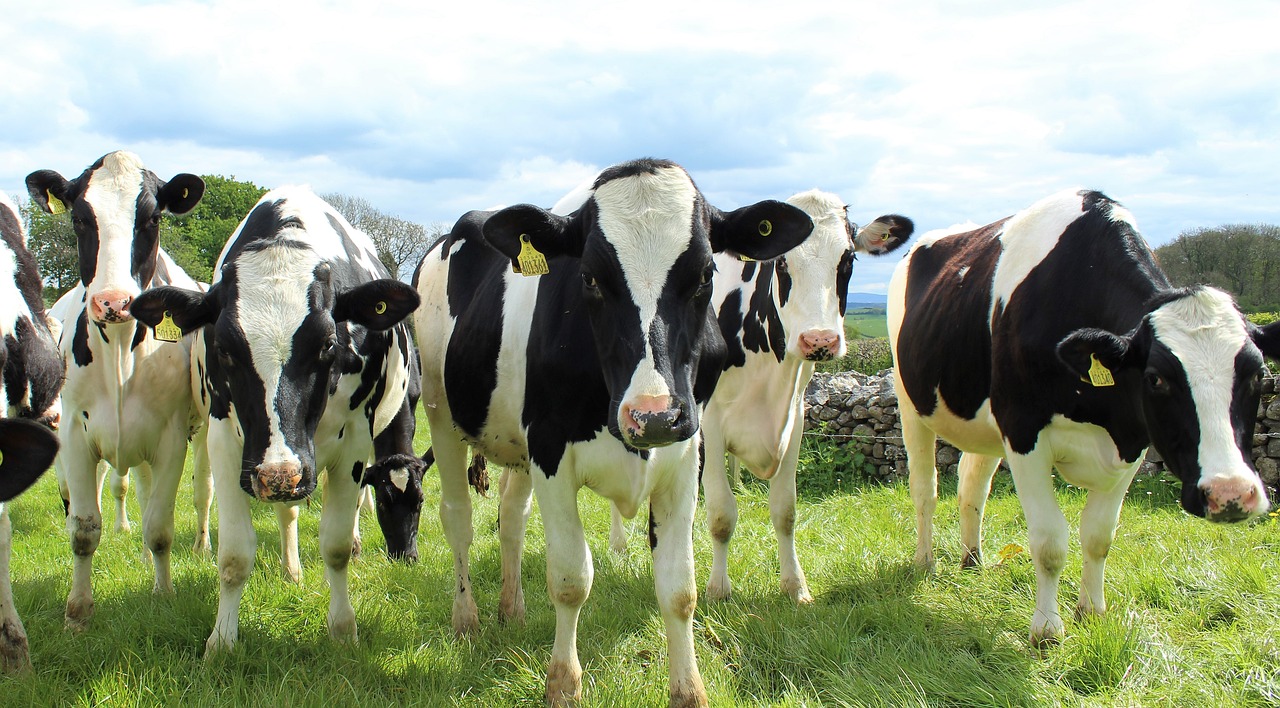With the threat of global warming increasing, research around greenhouse gases (GHG) and in particular methane, is becoming increasingly important.
According to Sharon Huws, professor in animal science and microbiology at Queens University Belfast there are “huge gaps” in ruminant bacteria available for methane emission research.
Speaking at the Department of Agriculture, Food and the Marine’s (DAFM) Agriculture and Climate conference this week at Dublin Castle, Huws highlighted the challenges associated with the ‘complexity’ of the ruminant microbiome.
Huws said: “The rumen is one of the most complex microbiomes that you will find in nature.
“And with this complexity brings quite a lot of challenges, but ultimately what we’re trying to do with our methane mitigation strategies is manipulate the processes in the rumen.
“If we do not have these microbes available, it means that we cannot understand them.”
Reducing methane emissions
Huws told Agriland how the Rumen Gateway Project, taking place at Queen’s University Belfast, aims to ‘fill in’ the understanding around how methane is produced.
She detailed that the purpose of the project is to gather methane-producing bacteria from ruminant animals across the world and combat them with mitigation strategies.
Huws also added that ‘practical’ solutions can be implemented on farms such as introducing multi-species swards and willows to reduce methane emissions.
Feed additives such as Bovaer are now gaining interest among farmers, with Huws emphasising that “we [researchers] would never put anything on farms unless we know it does not affect animal health and welfare and that the products produced won’t affect human health”.
“Those are the number one things, ensuring that farmers and the general public have confidence in what we’re [researchers] doing”.
Huws also highlighted that the acceleration of research on methane vaccines will require a team effort by immunologists and microbiologists.
“I think probably, three or four years down the line we’ll hear a lot more about methane vaccines,” Huws added.

